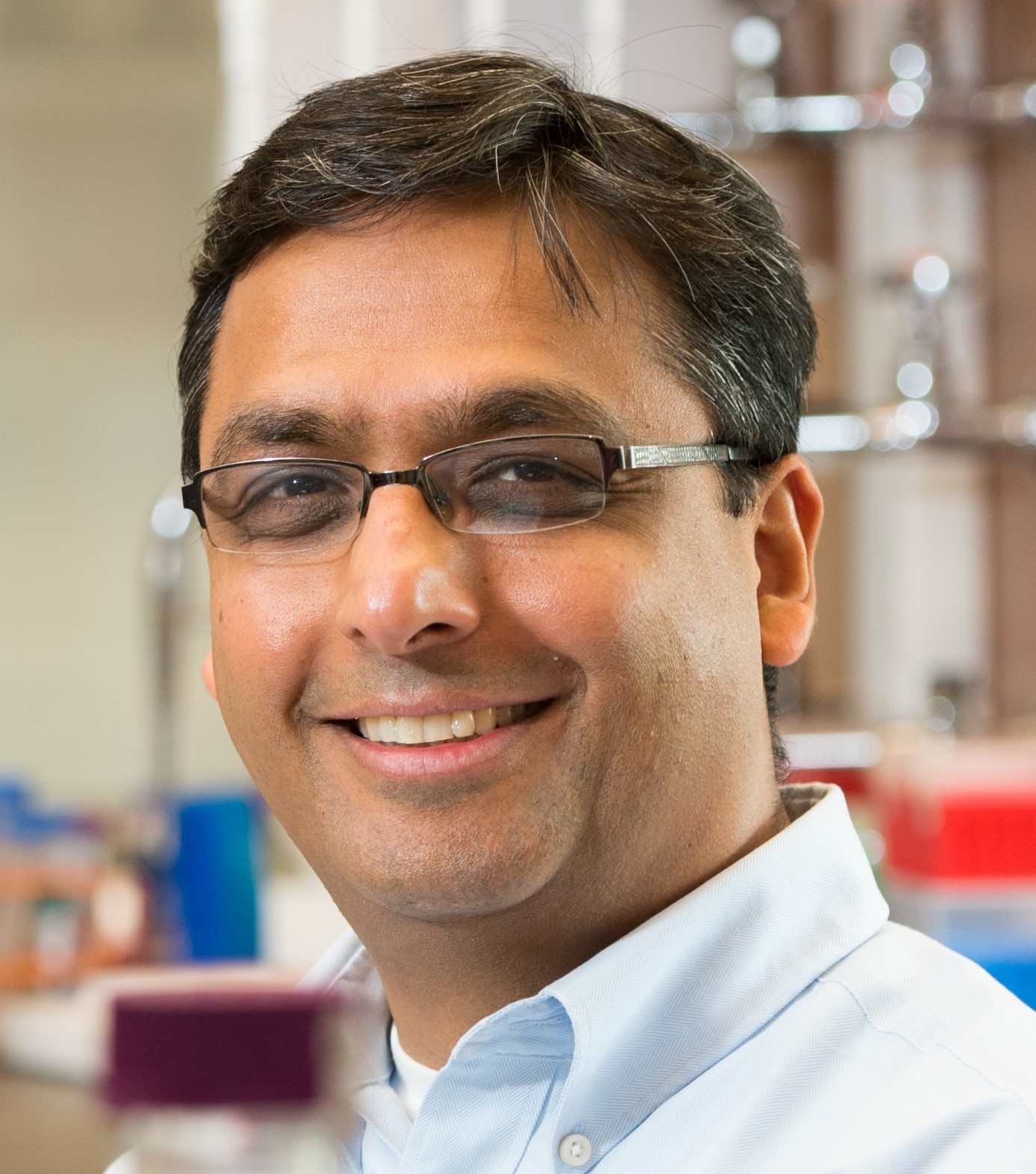March 23, 2022
About this seminar
What could a scientist do at a public institution to ensure that the outcomes of their research reaches the ones we are called to serve? This lecture will present a case study of how a land grant university provides the perfect platform for engaging with the stakeholders or the industry to conduct need-driven research that encompasses both fundamental and applied research. Further, how entrepreneurship in academics is a direct way to deliver real world solutions for society while enhancing the training of our students and scientists.
Dr. Amit Dhingra is the Head of the Department of Horticultural Sciences and Professor of Genomics and Biotechnology at Texas A&M University.
He completed his B.Sc. in Botany (Hons) from Hindu College in 1991, New Delhi, India and his M.Sc. in Botany (Hons) with specialization in Cytogenetics and Plant Breeding from Raja Balwant Singh College, Agra, India in 1993. He then completed his Ph.D. at the University of Delhi, India and Rutgers University, New Jersey supported by fellowships from the University Grants Commission and The Rockefeller Foundation, USA, respectively in 2000.
After his post-doctoral training at Rutgers University, University of Central Florida and University of Florida, he joined Washington State University in 2006 as tenure track Assistant Professor and served as Professor and Interim Chair there before moving his program to Texas A&M on September 1, 2021.
The Dhingra research program focuses on understanding biological processes of economic and environmental relevance in horticultural plants. The knowledge gained is translated to crop improvement through various approaches. He has trained 17 graduate students and several post-doctoral scientists, and over a hundred undergraduate students, and in 2017, he was awarded the Council on Undergraduate Research National Biology Mentor award. He has published more than 79 high impact peer-reviewed journal articles. He serves on the editorial board of five internationally reputed plant science journals. He has been awarded three US and three international patents on regulating ripening in fruits to reduce post-harvest wastage. Dr. Dhingra’s research has been featured in the New York Times, The Atlantic, BBC, The Times of London, and several other news outlets.
Amit founded Phytelligence Inc., an agriculture biotechnology spin-off out of his lab in 2011, and in 2020, he started his second start-up, NuPhY Inc (www.nuphyplants.com), an agricultural biotechnology company that is revolutionizing the way food crops are grown by developing and commercializing innovative solutions for growers. NuPhY Inc. has recently acquired Ag Energy Solutions (https://ag.energy/) that has developed efficient and carbon-negative biomass processing units that sequester carbon and improves soil health along with producing clean energy. He is also currently involved with Moolec Science (https://moolecscience.com/), a plant-based, alternative protein production start-up, as a Chief Science Officer.
Additional information about Dr. Dhingra’s professional activities can be obtained at:
About the Speaker

Dr. Amit Dhingra
Professor and Head of the Department of Horticultural Sciences, Texas A&M University
Dr. Amit Dhingra is the Head of the Department of Horticultural Sciences and Professor of Genomics and Biotechnology at Texas A&M University.

